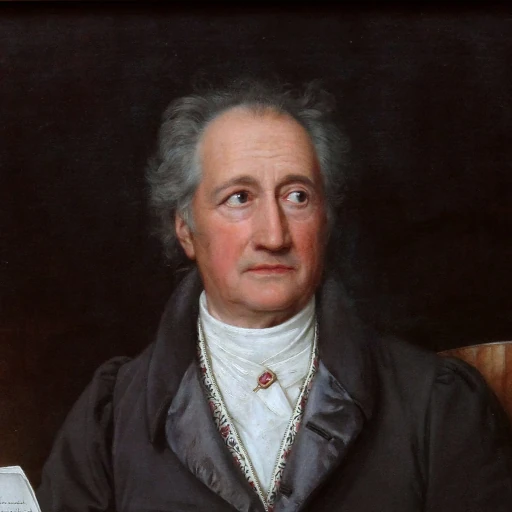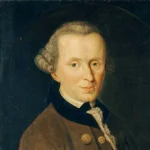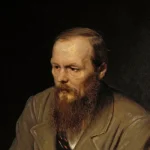“A really great talent finds its happiness in execution.”

- August 28, 1749 – March 22, 1832
- German
- Poet, playwright, novelist, philosopher, politician
- His literary works “Faust” and “The Sorrows of Young Werther” had a major impact on world literature.
table of contents
Quote
“A really great talent finds its happiness in execution.”
Explanation
Goethe suggests that true fulfillment for a talented person comes not from the recognition or the idea itself, but from the actual process of bringing their vision to life. For individuals with great talent, the joy lies in the act of creation—in the act of transforming thoughts and ideas into tangible results. The satisfaction comes not from external rewards, but from the personal gratification and sense of accomplishment that comes with executing their craft.
Historically, this idea reflects the Romantic notion of creative expression and the belief that true artists or intellectuals find joy in the process of their work, rather than in accolades or outcomes. In Goethe’s time, this was a recognition of the value of personal expression over societal approval. The act of creating was seen as a source of inner contentment for those who were deeply engaged with their work.
In the modern world, this concept remains highly relevant, especially in fields like art, music, entrepreneurship, and science, where the joy of the work itself can often outweigh the recognition or financial reward. For example, musicians may experience the most fulfillment not from album sales or concerts, but from the act of composing and performing. Similarly, scientists and entrepreneurs who are passionate about solving problems often find deep satisfaction in the process of discovery and innovation, even before their work is recognized by the broader world.
Goethe’s words remind us that the true happiness of great talent lies not in the outcome but in the joy of engaging fully in the creative process and seeing one’s ideas come to life.



